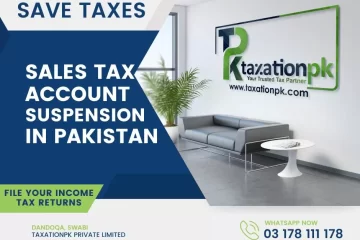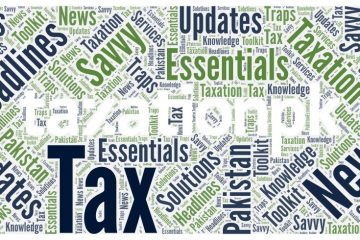Renting out a property in Punjab? Whether you’re a business owner or individual, understanding the tax implications is crucial. This article sheds light on the definition of “renting of immovable property” as defined in the PST, helping you determine if your rental income is subject to tax.
What does “renting of immovable property” mean?
It encompasses a wide range of arrangements, including:
- Renting, letting, sub-letting, leasing, sub-leasing, and licensing
- Using the property for business or commercial purposes
However, this definition excludes certain scenarios:
- Religious bodies renting to other religious bodies
- Vacant land used solely for agriculture, farming, and other related activities
- Land/premises for outdoor games and sports
- Buildings strictly used for residential purposes, recognized educational institution hostels, or boarding homes
- Properties already taxed under different sections (e.g., hotels, motels, etc.)
Key points to remember:
- If a single agreement involves both residential and commercial use, the entire property is considered commercial for tax purposes.
- “Business or commerce” includes offices, shops, laboratories, warehouses, and various other uses.
- “Renting” involves granting any form of access or use, regardless of possession transfer.
- “Immovable property” includes buildings, land, common areas, and even temporary structures used for future business activities.
- “Rent” refers to any payment received for access or use, including deposits.
Understanding this information is crucial for:
- Determining if your rental income is subject to tax
- Calculating the correct tax amount
- Fulfilling your tax obligations as a responsible landlord
By staying informed about relevant regulations, you can manage your rental income and contribute fairly to the tax system.






